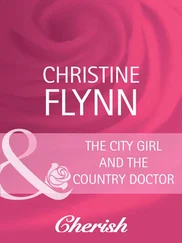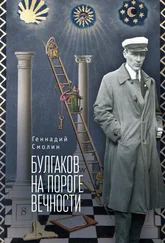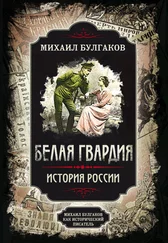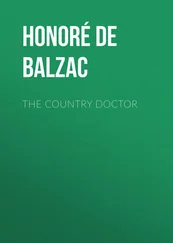And now a whole year has passed. While it lasted it seemed endlessly varied, multifarious, complex and terrible, although I now realise that it has flown by like a hurricane. I stare into the mirror and see the traces that it has left on my face. There is more severity and anxiety in my eyes, the mouth is more confident and manly, while the vertical wrinkle between my eyebrows will remain for a lifetime—as long, in fact, as my memories. I can see them as I look in the mirror, chasing each other in headlong succession.
In the days when I was still worried by the thought that I might lose my medical degree, I imagined some fantastic tribunal calling me to account and fearsome judges asking me:
‘What about the soldier’s jaw? Answer, miserable graduate!’
I am never likely to forget it. It all happened because although Demyan Lukich could draw teeth as handily as a carpenter pulling rusty nails out of old timber, tact and a sense of my own dignity told me that one of the first things I should do at Muryovo hospital was to learn to extract teeth myself. Demyan Lukich might be absent or sick; our midwives could do anything, with one exception—they would not pull teeth out; it was not their job.
And so … I well remember the red-cheeked but suffering face of the man sitting in front of me on a stool. He was a soldier, one of the many who had returned home from the disintegrating front line after the revolution. I recall equally well the massive, powerful but carious tooth, solidly rooted in the jaw. Frowning in an effort to look as if I knew what I was doing and grunting with effort, I clamped the pincers on the tooth, vividly recalling as I did so Chekhov’s famous short story about a sexton having his tooth pulled. Suddenly, for the first time, that story did not seem funny at all. There was a loud crunching noise from the soldier’s mouth and he gave a short yelp:
‘Oo-ow!’
After that I felt no more resistance and the pincers jerked out of his mouth gripping a white, bloodstained object. At the sight of it my heart missed a beat, because this object exceeded any tooth in size, even a soldier’s molar. At first I could not understand it, then I almost burst into tears: although the jaws of the pincers held a tooth with a very long root, there was also dangling from the tooth an enormous, jagged piece of gleaming white bone.
‘I’ve broken his jaw …’ I thought, and my legs went weak. With a prayer of thanks to fate that neither the feldsher nor the midwives were watching me, I furtively wrapped the fruit of my over-enthusiastic labours in a piece of gauze and hid it in my pocket. Swaying on his stool, the soldier was clutching the leg of the gynaecological chair with one hand and a leg of the stool with the other as he stared at me wildly, his eyes starting out of his head. In some confusion I handed him a glass with a solution of potassium permanganate and said:
‘Rinse.’
It was a stupid thing to do. He took a mouthful of the solution, but when he spat it out into the bowl, it came out mixed with the soldier’s crimson blood as a dense liquid of indescribable colour. At once blood began spurting out of his mouth so fast that I froze with horror. If I had slit the wretched man’s throat with a razor, I doubt if he would have bled harder. Pushing aside the glass of permanganate I flung myself at the soldier with pads of gauze and plugged the gaping hole in his jaw. The gauze instantly turned red, and as I took it out I was appalled to see that the hole was big enough for a large greengage to have fitted into it with room to spare.
‘I’ve sent this soldier to glory,’ I thought despairingly as I tugged long strips of gauze out of the jar. At last the bleeding stopped and I painted the hole in his jaw with iodine.
‘Don’t eat anything for the next three hours,’ I said to my patient in a shaky voice.
‘Thank you very much, sir,’ the soldier replied, staring with some amazement at the bowl full of his blood.
‘Er, look …’ I said miserably, ‘I tell you what … you’d better come and see me again tomorrow or the day after. I, er … well, I shall have to take another look … You have another tooth alongside which looks suspicious. All right?’
‘Thanks very much,’ the soldier replied sullenly as he went out clutching his cheek. I staggered into the waiting room and sat there for a while, clasping my head and rocking back and forth as though myself suffering from toothache. About five times I pulled the hard, bloodstained lump out of my pocket and put it back again.
For a week I lived in a fog, grew thin and sickly.
‘The soldier will get gangrene, blood-poisoning … God, why did I have to use the pincers on him?’
Absurd visions floated before my mind’s eye. The soldier is beginning to shiver. For a while he is well enough, he walks about, talks about Kerensky and life in the front line; then he talks less and less. Soon he no longer wants to talk about Kerensky. Now he is lying on a cotton pillow and he is delirious. He has a temperature of 104°. The whole village calls to see him. Finally, his nose growing sharper, he is laid out on the table with an ikon on his chest.
The villagers start gossiping.
‘What did he die from?’
‘That doctor pulled his tooth out.’
‘Ah, so that was it, was it?’
And so the talk goes on. There is an enquiry. A stern man comes:
‘Did you extract the soldier’s tooth?’
‘Yes … I did.’
The soldier is exhumed. A trial. Disgrace. I am the cause of his death. And I am no longer a doctor, but a wretched outcast, worse—an unperson.
The soldier did not come back, and my misery increased as the gauze-wrapped lump in my desk drawer dried and turned the colour of rust. Within a week I would have to go into town to fetch my staff’s pay. I went after five days, and made my way straight to a doctor in the district hospital. He was a man with a little nicotine-stained beard who had worked there for twenty-five years; he had seen a great deal in his time. I sat that evening in his study, dejectedly sipping lemon tea and fidgeting with the tablecloth. At last I could hold out no longer, and with much beating about the bush I made up a vague, spurious story about how I had heard of cases … if one extracted a tooth … broke the jaw … gangrene could result, couldn’t it? Well, a piece of bone … I had read somewhere …
He listened and listened, staring at me with faded eyes from under his shaggy eyebrows and then suddenly he said:
‘You broke off the tooth-socket … Don’t worry, you’ll make a fine tooth-puller in time … Forget the tea, let’s go and have some vodka before dinner.’
And at once the tormenting vision of that soldier vanished from my mind forever.
Ah, those memories in the mirror. A whole year of them. How I laugh now when I think about that tooth-socket! Of course, I shall never be able to draw teeth the way Demyan Lukich does. After all, he extracts about five a day while I do about one a fortnight. Even so, I can pull them well enough to be the envy of many doctors; I don’t break the socket any more, and if I did I would not lose my head.
But teeth are nothing compared with all the things I saw and did in that year of unique experience.
Evening was seeping into my room. The lamp was already lit and as I floated in an acrid haze of tobacco smoke totting up my achievements, my heart overflowed with pride. I had done two amputations at the hip, and I had lost count of all the fingers. There were eighteen curettages listed, a hernia and a tracheotomy, all of them successful. And the number of gigantic abscesses I had lanced, not to mention broken limbs set in plaster or starch. I had corrected dislocations. Intubations. Childbirth. Whatever they come with, I’ve dealt with it. Admittedly I won’t undertake a caesarian section; I send them into town for that. But forceps, versions—any number.
Читать дальше
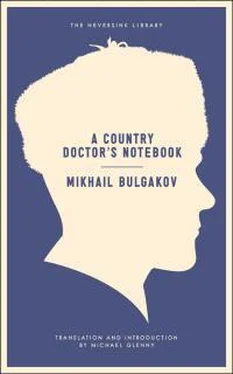
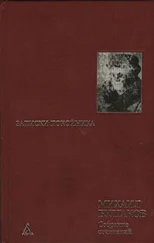
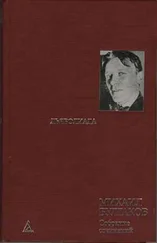
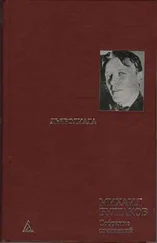
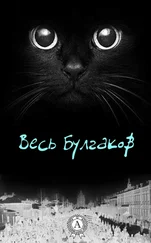
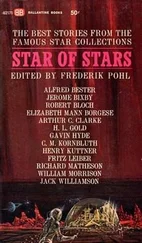
![Михаил Булгаков - Весь Булгаков [litres; сборник]](/books/400110/mihail-bulgakov-ves-bulgakov-litres-sbornik-thumb.webp)
